
Just over six months ago, on September 26, 2014, 43 Mexican students disappeared from plain sight. The students attended the Raúl Isidro Burgos Rural School in Ayotzinapa, a progressive school known for its commitment to social justice. When they disappeared they had been traveling to a protest in the city of Iguala, when their caravan of buses was stopped by Mexican authorities on the premise that the students had stolen the vehicles. The authorities surrounded the buses in an ambush. Some students escaped from the police. Three were shot and killed that night. Another was found dead the next day in a cartel-style execution: his eyes and facial skin removed, according to Vice News. Of the roughly 100 students on the buses, 43 were detained. Of those 43, none have been seen since.
The Mexican government has claimed that the local authorities—municipal police from the city of Iguala—handed the 43 missing students over to a drug cartel. The drug cartel, according to the narrative of President Enrique Pena Nieto’s government, killed and burned the students in a trash dump in the nearby city of Cocula. In October, 28 bodies were found in a mass grave. They were presumed to be among the missing students.
But that is the official story.
On Monday, Caravana43, a national speaking tour consisting of families and peers of the disappeared students, made a stop at Macalester’s John B. Davis auditorium to articulate a different narrative about what happened that night in Iguala and what is happening currently in Mexico. The event, “Testimonies on Ayotzinapa: The Unofficial Story,” brought two family members of the disappeared students, María de Jésus Tlatempa Bello, the mother of a missing student, and Salvador Cruz Bautista, the uncle of a missing student, as well as a second-year student at the Raul Isidro Burgos Rural School in Ayotzinapa, Omar García, who survived the alleged massacre to Macalester to speak out against injustices perpetrated by the Mexican state. Also on the panel was Francisco Chávez, an organizer of the Frente Unido Ayotzinapa Minnesota (Minnesota’s United Front of Ayotzinapa).
The event, which was co-sponsored by the anthropology, international studies and Hispanic studies departments and organized by Andrea Kvietok ’18, Sophie Kurschner ’18 and Gaby Landeros ’15, provided a platform for these panelists to articulate their testimonies about the kidnapping and sound a call to action. Speaking through student translators to a mostly-full JBD auditorium, the panelists not only demanded accountability from the Mexican government for the crimes committed nearly six months ago, but also spoke to the complicity of the United States government in perpetuating the country’s violent drug war, which has killed more than 70,000 people and disappeared more than 20,000 since 2006 according to CBS News. Along with raising awareness of systemic injustices, the Caravana43 movement demands further investigation into the case of the 43 missing students, the resignation of President Peña Nieto and an end to U.S. funding for security initiatives in Mexico.
The first of the four panelists to speak, Chávez, reinforced Caravana43’s message that the Mexican state should be held fully responsible for the disappearance of the students. Describing the Peña Nieto government as a “mafia entity,” Chávez implicated it in the disappearance of the students, along with the drug cartels. “We will never get tired of pointing out that Ayotzinapa is a state crime,” he said, adding later, “The Mexican state needs to be put to trial.”
García drove home a different point about the aims of the Caravana43 movement. With occasional humor (he at one point dared the U.S. government to deport the members of the Caravana43), García appealed to the audience to become active in petitioning Congress to defund the Mérida Initiative, a security agreement between the U.S. and Mexican governments signed in 2008 that militarized the Mexican police force to fight the War on Drugs.
The family members of the disappeared students, Bello and Bautista, kept their remarks brief, but both expressed their belief that their disappeared relatives remain alive.
Bautista indicated that there was no scientific evidence that the students were killed by members of a drug cartel, pointing to meteorological evidence of rain on the day the students’ remains were allegedly burned. “We know that with rain you cannot make fire,” he said.
Bello’s testimony, on the other hand, made a more emotional appeal to the audience. “We will not rest until we find our children,” she said.
After the testimonies, the floor was opened up for questions from the audience. Several community members raised questions about how the Caravana43 could be supported by people living in the U.S. The panelists urged audience members to write to their congressional representatives about repealing the Mérida Initiative. García also wrote his Twitter handle (@omarel44) on the back of his name card, so that anyone interested could follow the movement of the Caravana43.
The faculty sponsor of the event, anthropology professor Olga González, along with organizers Kvietok and Kurschner, provided opening remarks and moderated the discussion. “I was happy in the sense that things do not have to stay in the classroom, but can go beyond the classroom,” González said. “And if students take initiative, it not only involves the Macalester community, but in this case the community at large.”
On the whole, the event resonated with students in attendance. Hector Bautista ’15, from Veracruz, Mexico, wrote in an email: “It was inspiring to see the resilience of these people, who amidst the grief and accusations of themselves being responsible for the disappearance of the 43 students, are still fighting for justice, for getting the government to tell them what happened with their 43 missing students, and for spreading this message in communities outside Mexico.”
For Jeremy Levine-Drizin ’15, the event provided both historical context to the structural violence in Mexico as well as a human element that is often left out of news stories on the topic.
“Actually seeing the faces of the people who are affected by that violence on a day to day basis, violence that they experience from both their own government and drug cartels, was a very powerful experience for me,” he said.
While some Macalester students expected the event to be more emotional, they left feeling compelled to take action.
Alan Morales ’17, one of four student translators, said he felt like there were concrete steps he could take to combat the injustices of the drug war. “I feel more connected to the movement,” he said. “I know they are fighting to end the Mérida Initiative, so there is something very concrete I could tell my friends about.”
Morales, along with a group of roughly ten other Macalester students, attended a protest at the state capitol after the event. The Frente Unido Ayotzinapa Minnesota, responsible for organizing that protest, plans to gather there each month on the 26th to petition the state legislature to help pass a bill to remove funding for the Mérida Initiative.
The caravan, meanwhile, will continue to snake its way across the U.S. The movement, which consists of three regional speaking tours (Central, Atlantic and Pacific) in total, coalesces in New York City and Washington D.C. in late April. It will continue to raise awareness and demand action.
“We are not going to the U.S. to pity ourselves,” García said. “We are not only looking for our colleagues, we are looking for justice.”




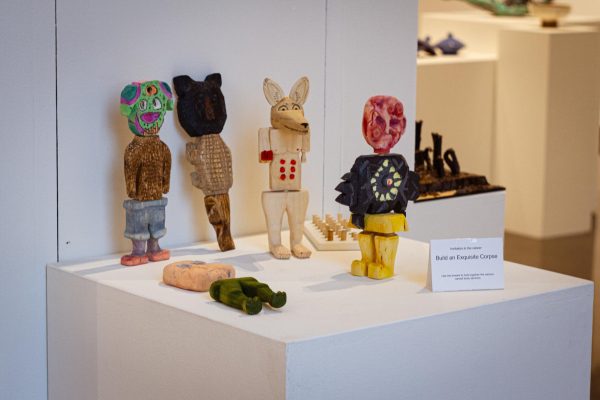

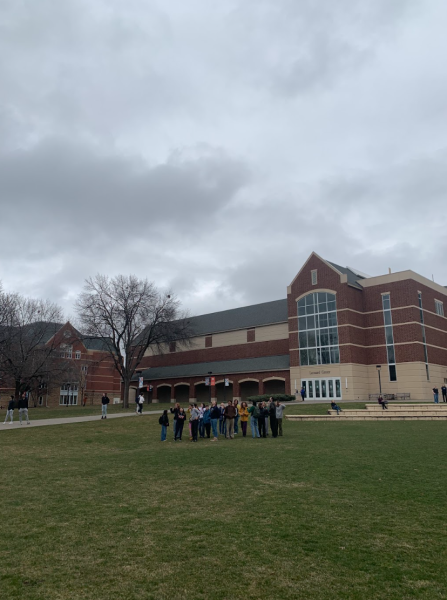

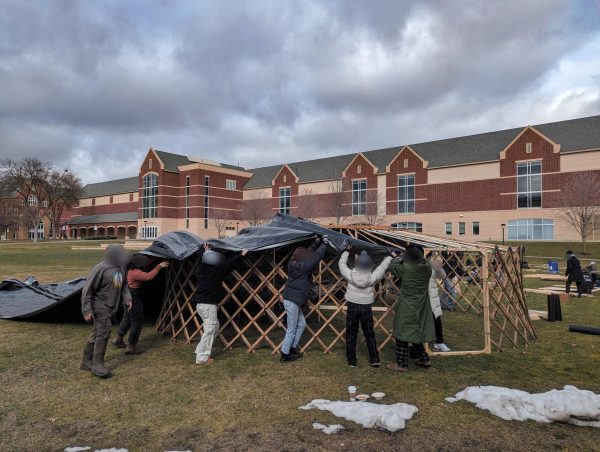




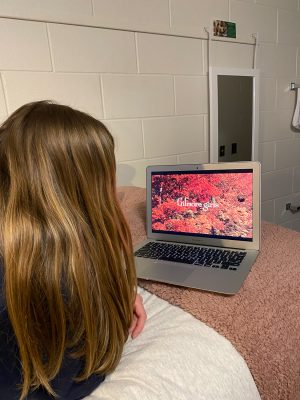
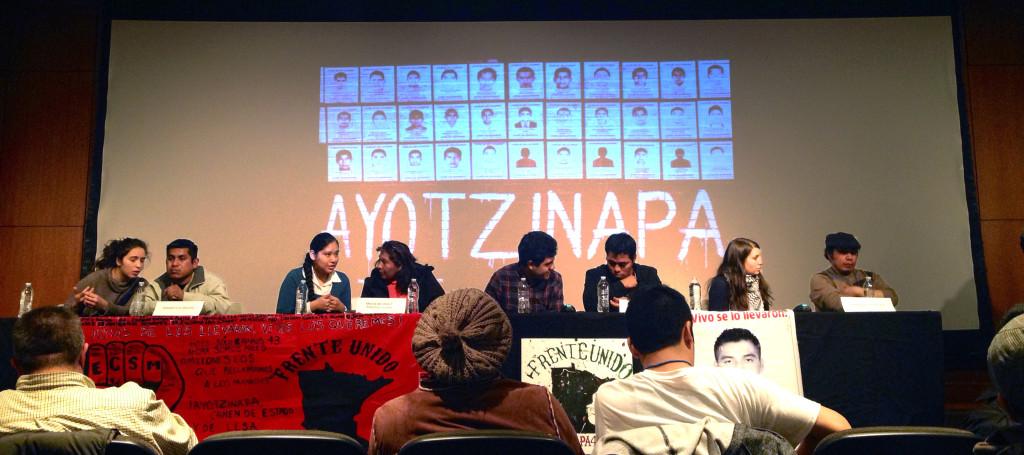
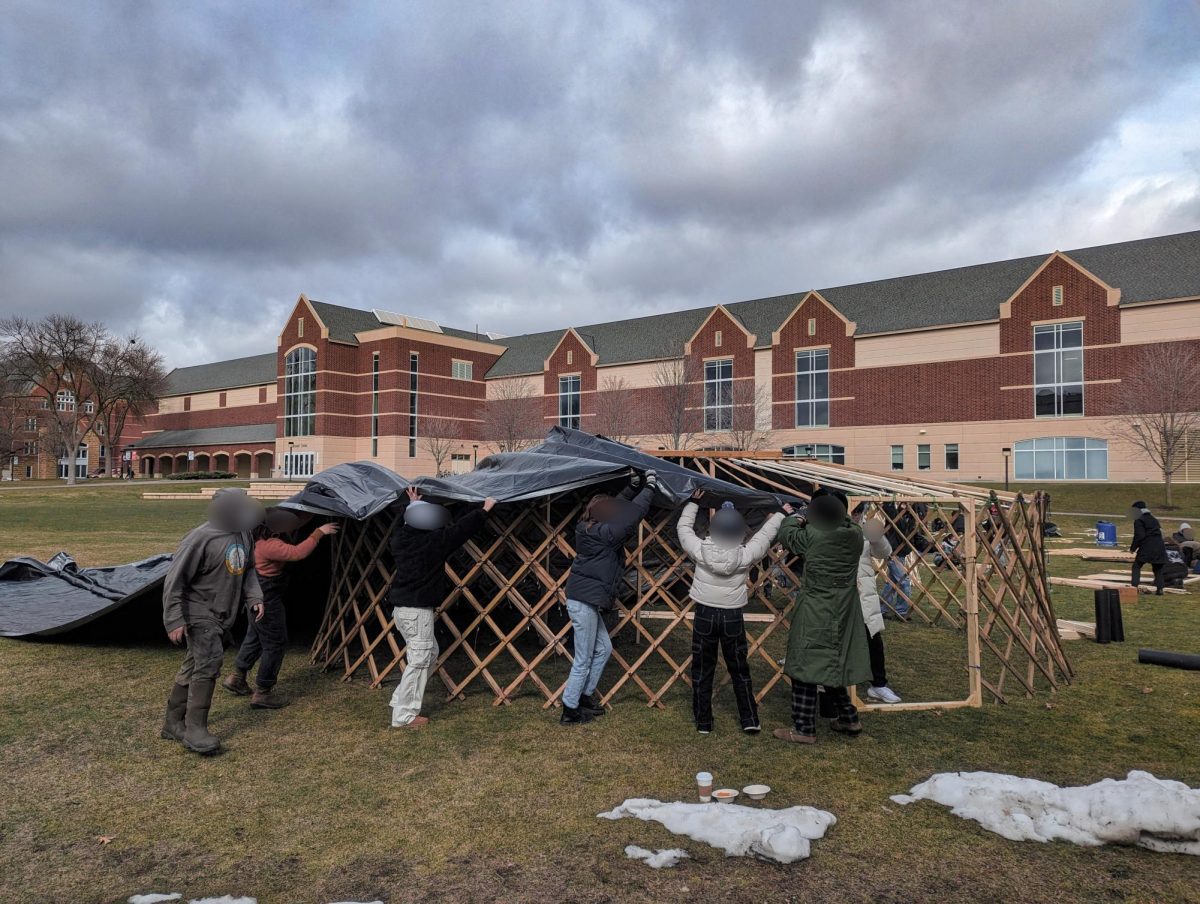
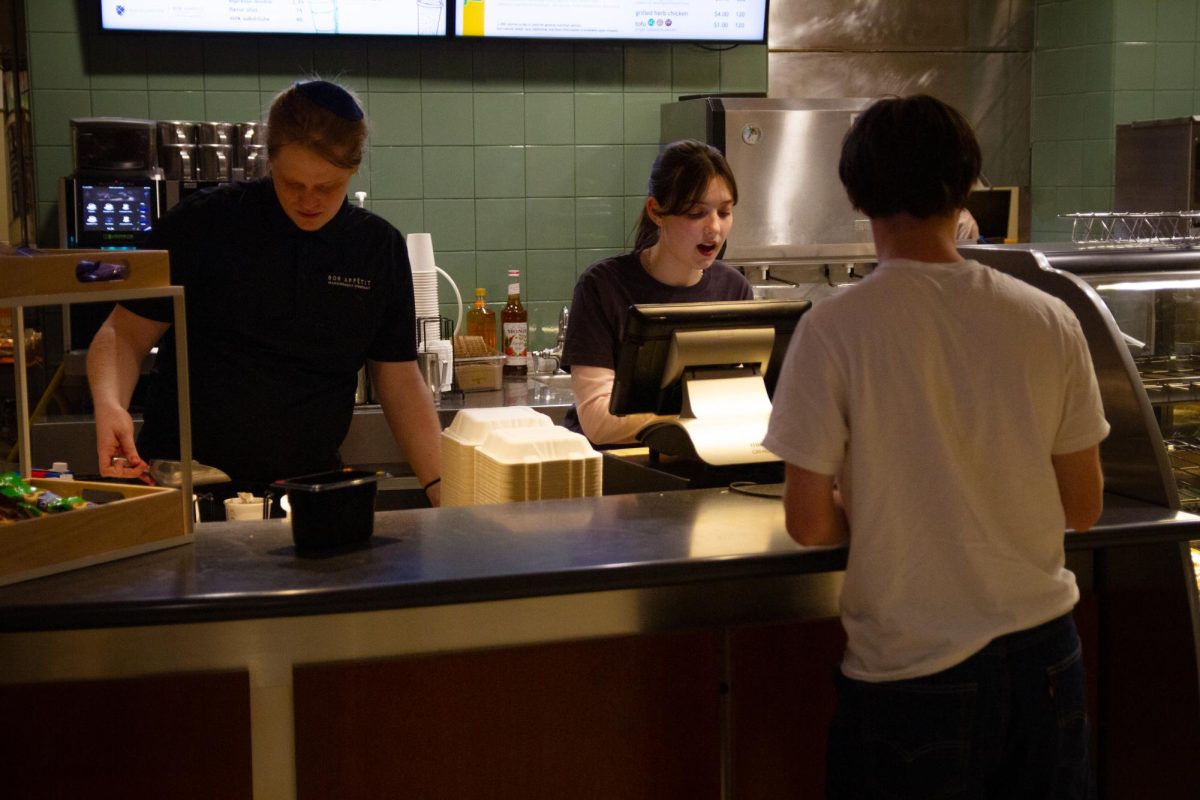
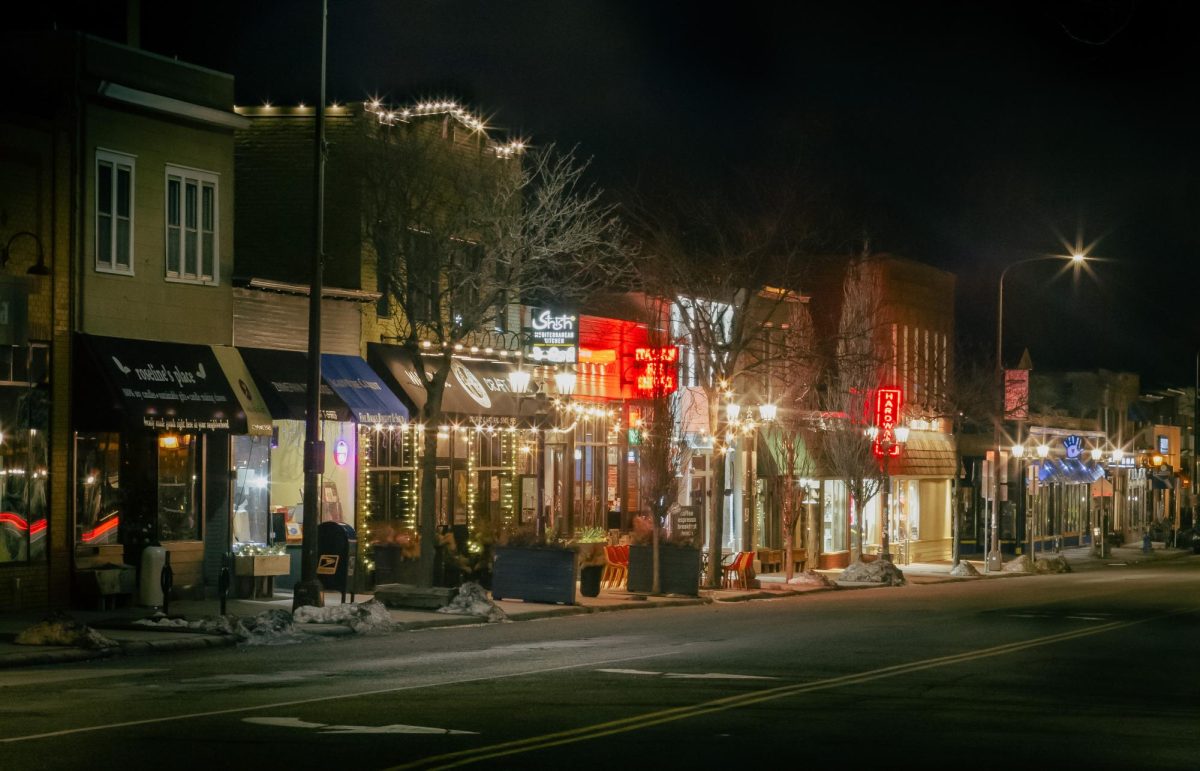
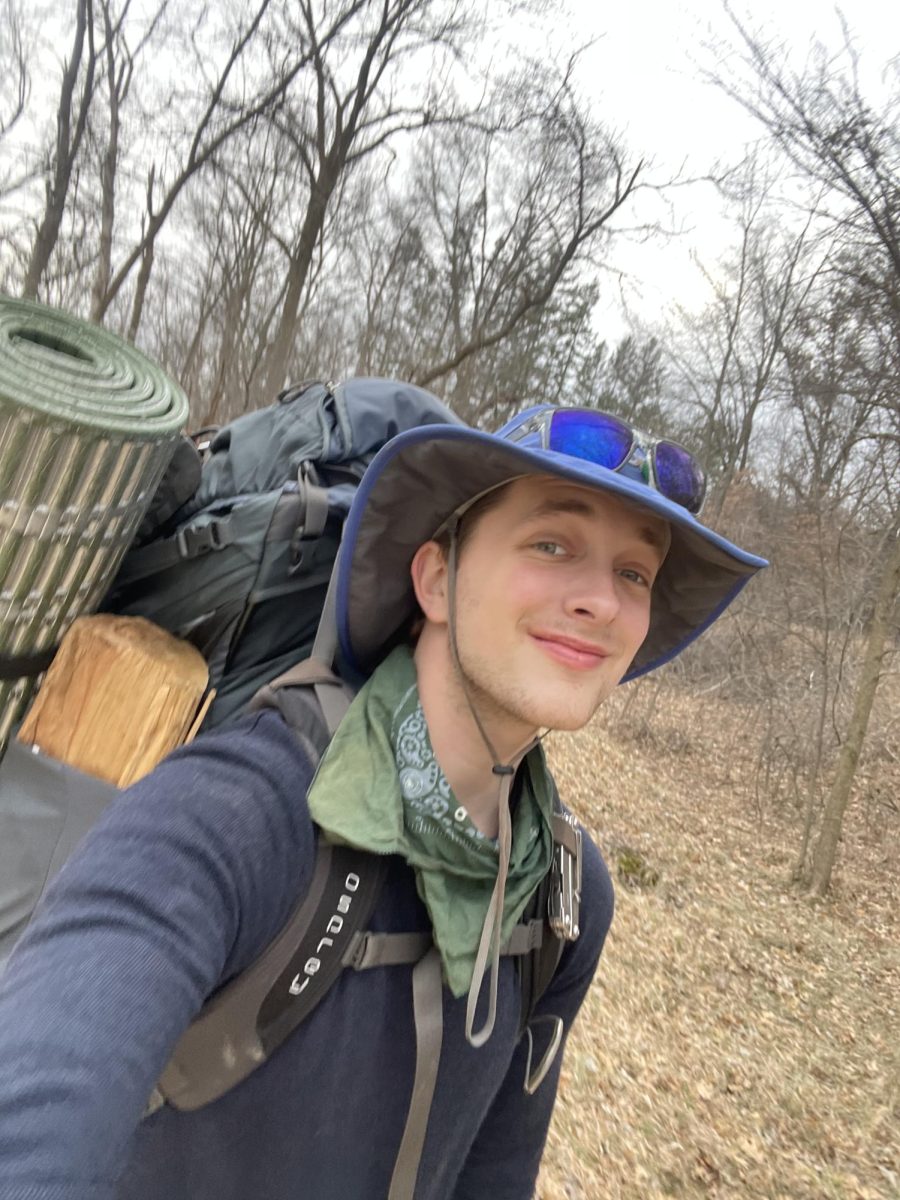
Andrea Morgan • Sep 5, 2019 at 7:42 pm
Now I am ready to do my breakfast, later than having my breakfast coming over again to read more news.